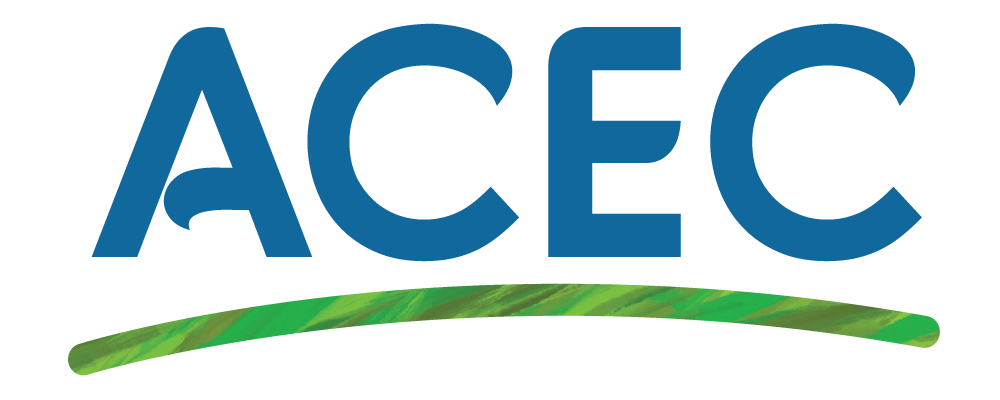
Climate education in the 2023 election, and beyond
We can all use our voices to influence politicians and other key decision makers. Here are some suggested questions that you can ask political candidates and other educational decision-makers. Feel free to think of your own, too!
We recommend: Climate Club’s useful guide to Be the voice for the climate at in-person election campaign meetings (substack.com)
Questions you could ask political leaders about education and climate change:
Recent surveys reveal that there is a high level of concern among New Zealanders about climate change, but that concern doesn’t necessarily match with understanding what is needed to reduce emissions. What will you/your party do to ensure that all New Zealanders have access to the education and learning they need for the transition to a low-emissions, climate-impacted future?
An NZEI analysis of NIWA data noted that Tamariki Māori will be proportionately more adversely affected by climate change impacts, as greater proportions attend schools in coastal communities. Many Māori communities are coastal and many marae, urutapu and mahinga kai are under threat. Given these threats to places of learning and important cultural sites, what will your party do to guarantee educational equity and ensure climate justice for ākonga Māori?
How will you support capability development in the education workforce to support all learners through climate transitions?
How will you ensure that schools, early childhood centres, tertiary institutions and the communities they serve are safe and supported through the impacts of climate change?
What commitments will you make to lowering gross emissions in the public sector, specifically the education sector, in the next three years? How will you achieve this?
Census data in 2018 said that more than 50 percent of students opt to drive themselves or get a ride to their place of learning in a private vehicle. How will you ensure that learners and teachers have easy and affordable access to other options such as active transport (walking and cycling) and public transport, which both help to lower emissions and reduce traffic congestion?
Be a voice for climate transitions in your learning setting or community
If you’re looking for ideas about how to be a voice for climate education in your education setting or community, try these NZCER research briefings that include actions and questions your school or learning setting could explore. We also recommend this guide to Just Transitions designed to help communities think about how to manage their own climate transition processes.
We provide many more useful resources and ideas in our newsletters, so make sure you are subscribed!
Get involved
We would love to hear more about how you are involved in climate change education, or have you sign up to receive our Newsletter.
